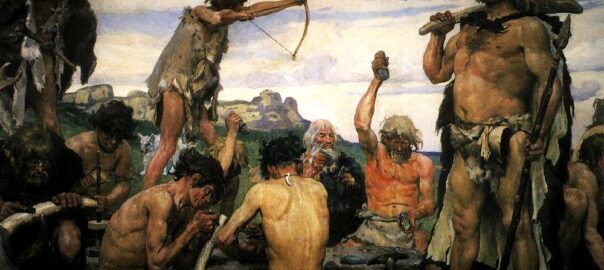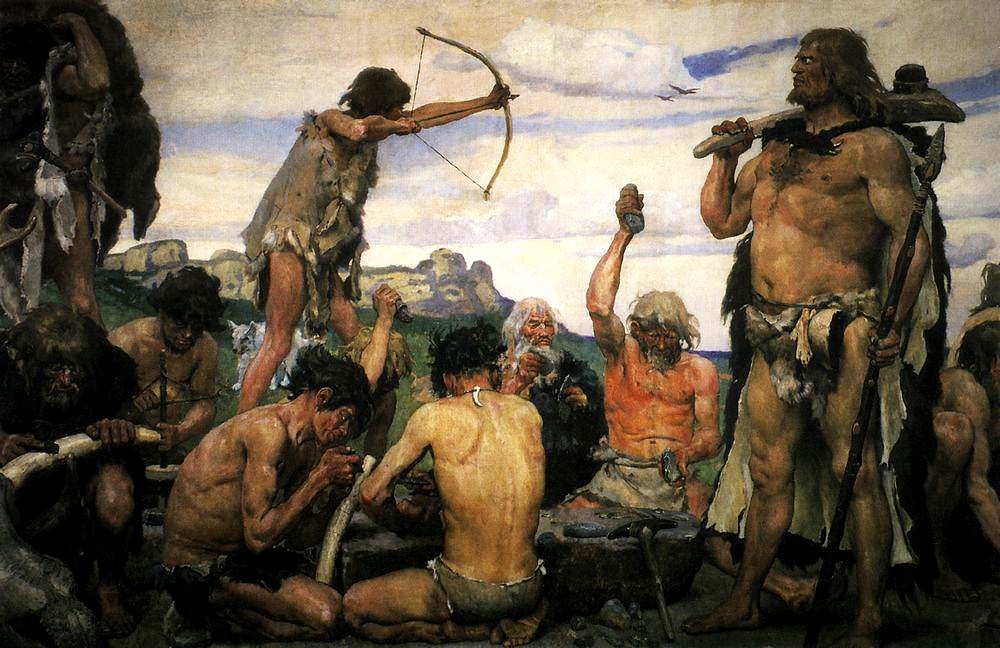
Perspectives on the Evolution and History of Tools
Viktor Vasnetsov, Wikimedia Commons
These featured books help us to understand the evolution and history of tools and their powerful roles in creating the society we find ourselves living in today.
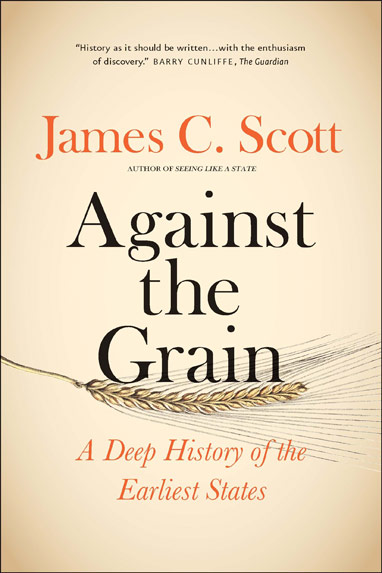
Against the Grain: A Deep History of the Earliest States
It used to be thought that agriculture made living in settled communities possible, but recent archeological research indicates that ancient peoples began cultivating grains in fixed locations long before societies with central governments were established.
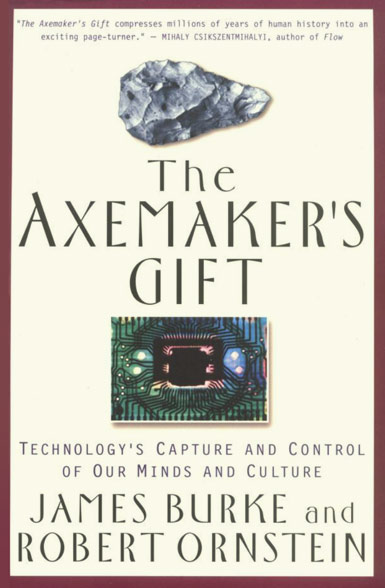
The Axemakers Gift: Technology’s Capture and Control of Our Minds and Culture
In The Axemaker’s Gift, Burke and Ornstein show us that every tool or technology humanity invented took on a life of its own. Each gift changed humanity in ways that were neither suspected nor predicted.
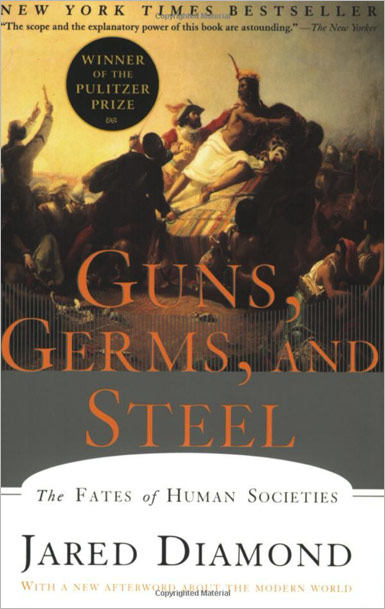
Guns, Germs, and Steel: The Fates of Human Societies
Jared Diamond argues that social development followed different courses for different peoples for environmental—not racial or social—reasons. Geographical and ecological advantages gave Eurasians a head start on the rest of the world.
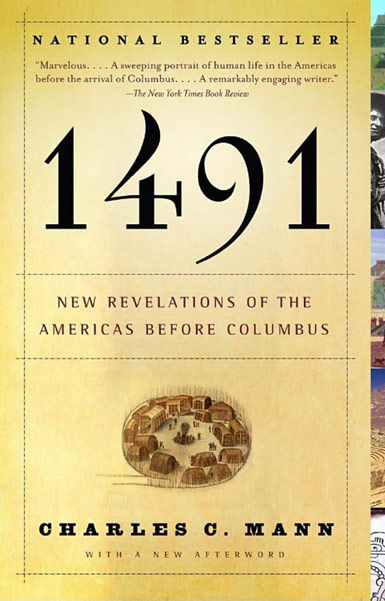
1491: New Revelations of the Americas Before Columbus
Charles C. Mann argues that the indigenous peoples of the Americas had arrived earlier, were more numerous, more culturally sophisticated, and had shaped the natural landscape to a greater extent than scholars had previously thought.
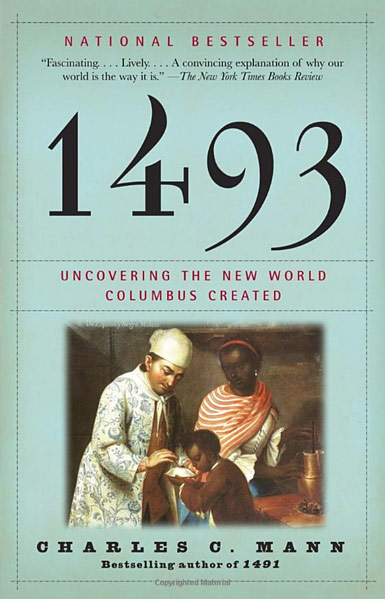
1493: Uncovering the New World Columbus Created
Despite the horrors of conquest and slavery, Post-Columbian trade with the New World transformed world history and marked the beginning of modern globalization. It initiated modern agriculture, the industrial revolution, and even the world’s great cuisines.

Summary of Kahneman’s “Thinking, Fast and Slow”
Kahneman distills a lifetime of work on the engine of human thinking, highlighting our cognitive biases and showing both the brilliance and limitations of the human mind.

